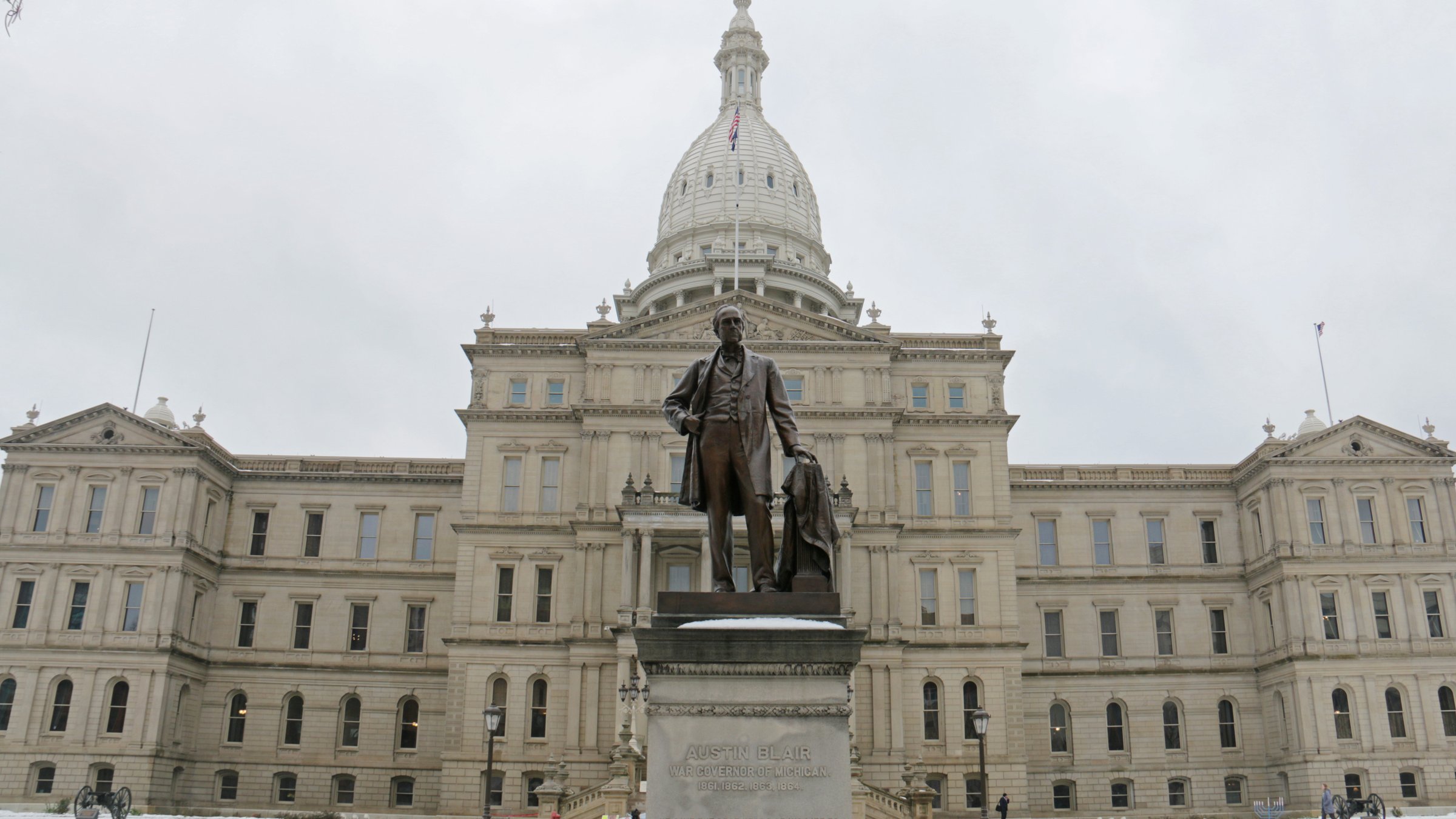There is no better place to see the priorities of elected officials than in the annual state budget.
Beyond public speeches and campaign rhetoric, the state budget represents the priorities and people that state lawmakers are willing to support with the public’s tax dollars. This is why the Michigan Catholic Conference refers to the state budget as a moral statement: It shows the extent to which elected officials are committing resources to advancing the common good.
It’s also important to recognize the budget is a series of decisions that impact all Michiganders, from the poorest and most vulnerable individuals to the next generation learning in schools.
The MCC works to propose a Catholic perspective to policymaking and believes support for the poor and vulnerable is and should remain among the top public spending priorities. As such, the MCC is encouraged that several policies will continue in the latest budget, which was recently signed into law for the fiscal year that begins Oct. 1 and totals more than $80 billion in spending.
Many of these spending items do not capture headlines, yet they are some of the more impactful and consequential decisions made by lawmakers.
For instance, more parents in need will benefit from free diapers for their children because of a $2 million expansion of the state’s diaper assistance program to $6.4 million in funding. The spending provides diapers to nonprofit agencies that distribute diapers free of charge. State lawmakers also set aside $500,000 to help lower-income families acquire car seats for newborn babies.
Parents know well that diapers and car seats are essential — and expensive. Providing these necessary supplies could make a big difference toward helping families in need make ends meet.
Other vulnerable populations, such as the homeless, foster children, and victims of human trafficking, will also continue to receive support in the budget. Again, recognizing the needs of individuals and families most in need should remain among the state’s priorities.
Another high priority item for lawmakers is allocating public dollars toward the education and safety of school children, whose quality and dignity of life are often dependent on positive educational outcomes. Toward that end, state lawmakers in recent years have identified school security upgrades and ensuring all students have access to free meals at school as priorities for supporting education.
The latest budget, however, falls short of making adequate investment in these areas for all students as lawmakers scaled back safety funding by 91 percent, for both public and nonpublic schools. In past years the funding had been used to improve security measures and to improve mental health services offered to students, such as hiring counselors. One nonpublic school administrator was recently quoted in the press as saying that the safety funds were “game changers.”
Regrettably, a state initiative to feed all students in schools, regardless of family income, was not extended to nonpublic schools that would otherwise qualify, marking the second consecutive year that the "universal" meal program did not truly include all eligible students. That decision affects 4,200 students statewide, including those in higher poverty areas like Flint and Saginaw.
It’s important to recognize the state budget as a moral statement of what public officials are willing — or not willing — to pay for, so citizens can see the priorities of their elected officials.
Paul A. Long is president and CEO of the Michigan Catholic Conference, the official public policy voice of the Catholic Church in this state.












